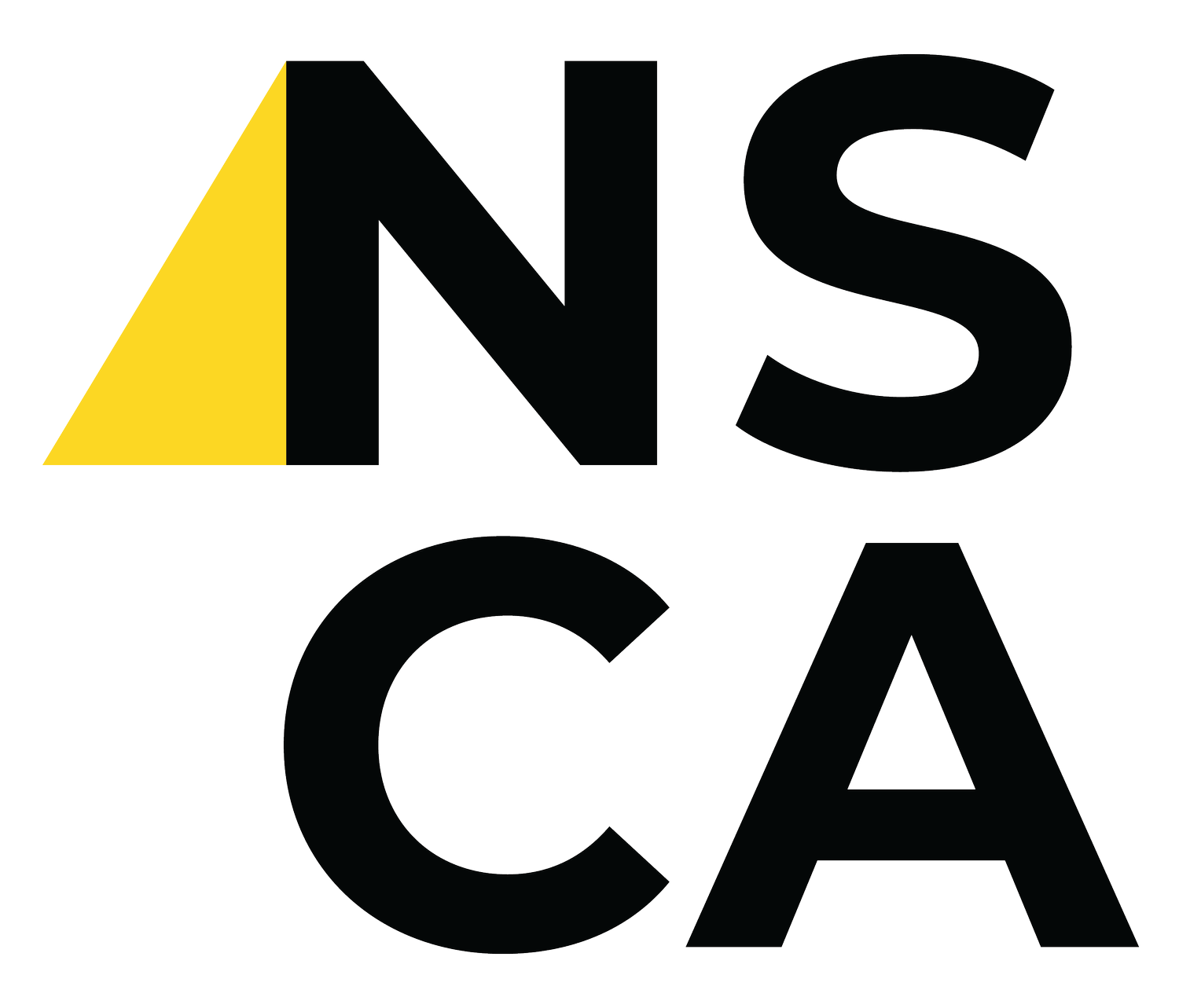Certified School Chaplain Training, Assessment for Ministers Announced by NSCA
Norman, Oklahoma–(Newsfile Corp. – April 9, 2023) –
The National School Chaplain Association (NSCA) has announced chaplaincy training programs aimed at ordained ministers and college students. The training programs are designed to accommodate candidates based on their skill set and experience working with youth groups. The NSCA is offering three pathways to chaplaincy, each with different requirements and benefits.
Certified School Chaplain Training, Assessment For Ministers Announced By NSCA
To view an enhanced version of this graphic, please visit:
https://images.newsfilecorp.com/files/8814/161769_9d40a9c39401f8ab_001full.jpg
Chaplains are quickly becoming an essential part of the school system, with more schools appreciating their work for both students and teachers. According to recent data, Texas, which has the most school chaplains in service, is also the state with the least number of incidents of school violence. Since the demand for school chaplains is increasing, the NSCA encourages more people to sign up for the chaplaincy programs and get certified.
Depending on the applicant’s prior experience, they can fall into one of three training categories.
Level 1 is best suited for experienced ordained ministers who need little training. For these candidates, the NSCA focuses more on background checking, placement, and re-certification, if the candidate’s license is from another state or country. Some briefings may be given, but the training is minimal, mainly about the NSCA’s values and standards.
Level 2 is recommended for candidates with prior experience teaching or working with youth groups. Applicants who are still college students can combine chaplaincy training with their regular subjects. Lessons are evenly spaced across eight weeks, with six hours of weekly class or hands-on training.
The 48-hour program is accredited by Oklahoma Christian University and is equivalent to one college credit or three CEU credits. These credits can be used by students working towards their bachelor’s or associate’s degree.
The third level is designed for applicants with no teaching background or experience with youth groups. This one-year training program is equivalent to one-year college credit, should the candidate decide to complete the chaplaincy training alongside their college degree. The candidates must have a high school diploma or GED to qualify for Level 3 training.
Regardless of what training level the candidates will fall under, all of them will get background checked with the police, Interpol, FBI, and even social media. They will undergo rigorous training on chaplaincy, school safety, and how to avoid and minimize school violence.
For further details, interested parties are advised to visit https://nationalschoolchaplainassociation.org/chaplains.

